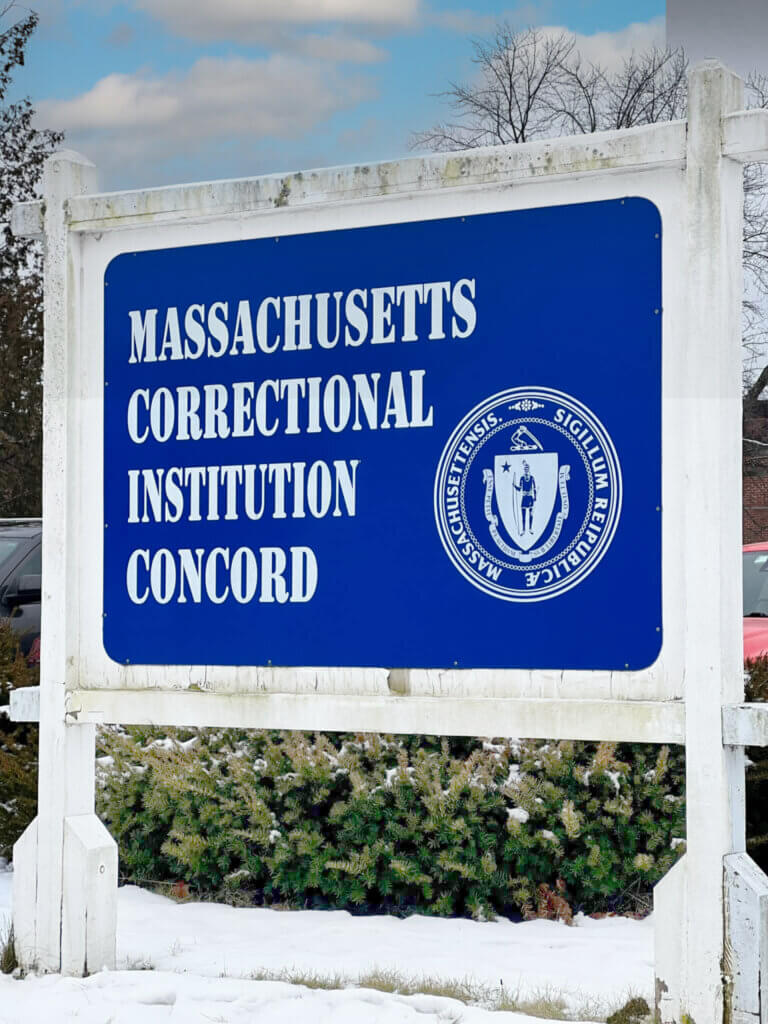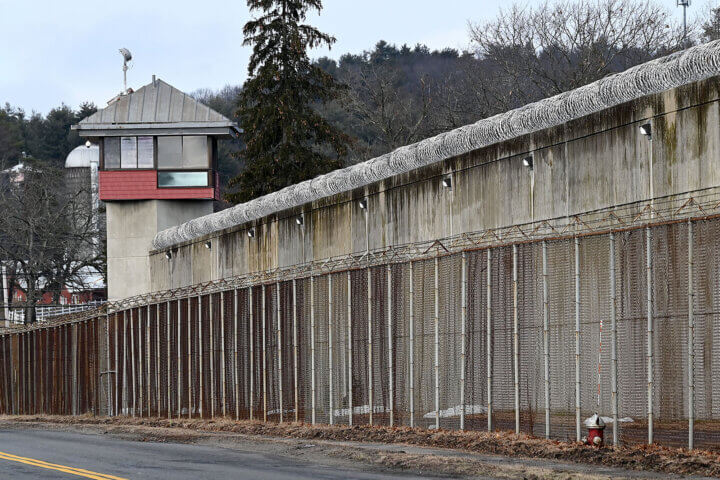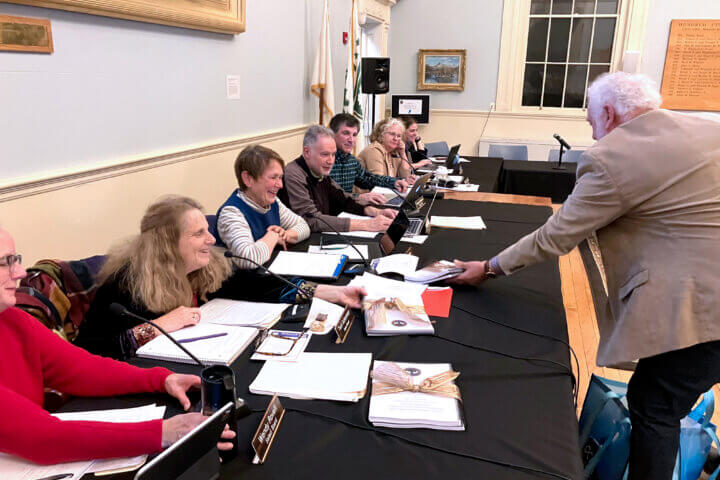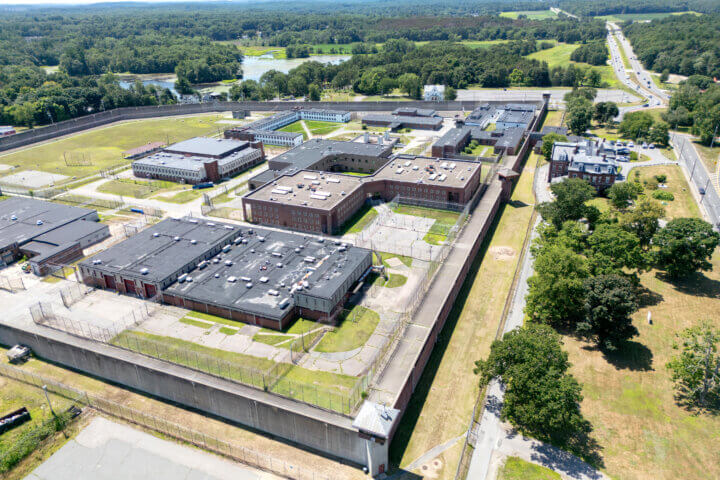By Erin Tiernan — Erin@theconcordbridge.org
With inmates moving to other facilities and talk turning to what’s next for the MCI-Concord prison property, West Concord could be heading in a new direction, local officials said — and they want to make sure they’re in the driver’s seat.
The state intends to sell the property for redevelopment after decommissioning is complete.
Concord leaders, who were caught off guard by the January announcement of the coming closure, are now working on legislative angles to ensure they have more control.
In addition to a collaborative, public process pushed by state lawmakers, the town is in for some kind of windfall to the tune of $250,000 to $475,000. The money would go directly to the town and be earmarked for planning around the MCI-Concord property’s future.
“That could refresh what West Concord is currently working with for its own planning,” said Susan Mlodozeniec, West Concord Advisory Committee chairwoman.
“The West Concord Village master plan is one that would be first on the docket to possibly get updated should the money that is related to MCI for planning come through.”
Old plan, new vision?
The village’s existing master plan is 14 years old. It never envisioned the scenario where the 64-acre prison property, positioned alongside the Route 2 artery, would be ripe for redevelopment.
Town Planner Elizabeth Hughes underscored “the need to basically look at MCI-Concord and the West Concord village and the business district as a whole.”
The committee’s current charge, or “sphere of influence,” as Mlodozeniec put it, doesn’t currently include the prison property. But the committee has already started negotiating new boundaries with the Planning Board.
The Select Board would have to sign off on any changes, Hughes said.
The committee is in the process of digging through its 2010 master plan for West Concord to see what’s completed and what remains, and to determine what might no longer be relevant.
“We should focus on scrutinizing the master plan first and understanding what would be needed to kind of acknowledge today’s realities,” Hughes said.
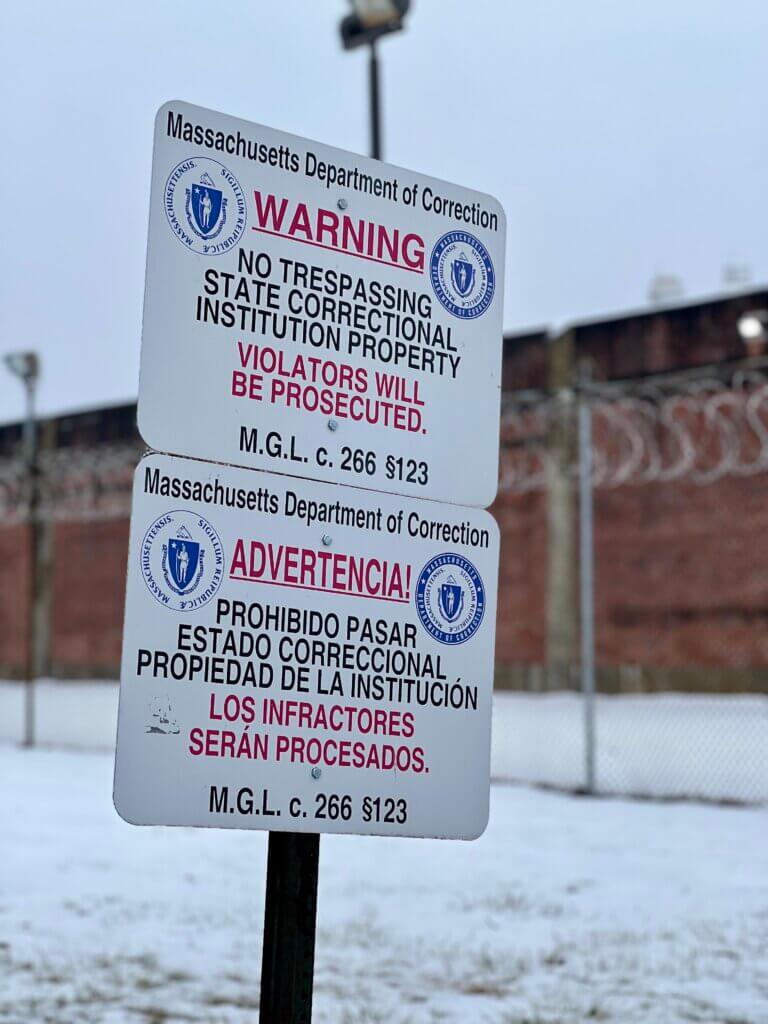
Following a blueprint
Committee member Barbara Morse said it was “pleasantly surprising” to see how much had been accomplished or was “in the works” via the master plan. She pointed to efforts to connect green spaces, the Assabet River bridge and trail project.
Other projects include the pocket park at Warner’s Pond Dam, Junction Park enhancements, Mandrioli Park enhancements, and decorative lighting fixtures for village streets.
“I think this says to us, this is the way that planning [proceeds] not sort of helter-skelter random, but in fact, things get written down and thought about,” Morse said.
Associate member Allison Aley pointed to the town’s Envision Concord 2030 plan, a long-range planning document published in 2018. She suggested future planning should be “aligned… on a broad scale.”
Mlodozeniec said she envisions a partnership with the newly formed MCI-Concord Advisory Board that would include joint meetings and shared vetting of theoretical future developers. The advisory board held its first meeting earlier this week.
She stressed the need for a “streamlined” process that accounts for West Concord’s needs and the town’s as a whole.


